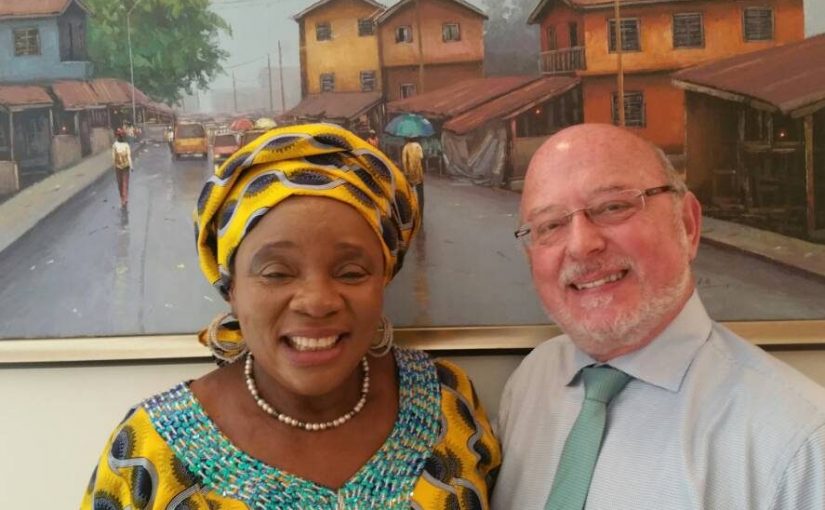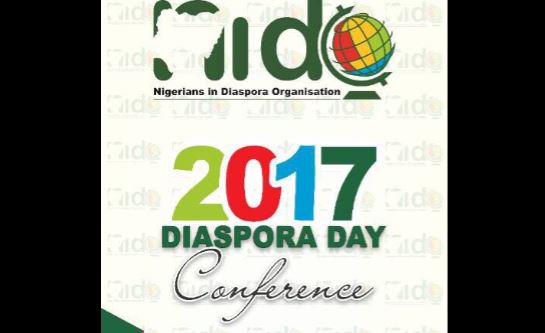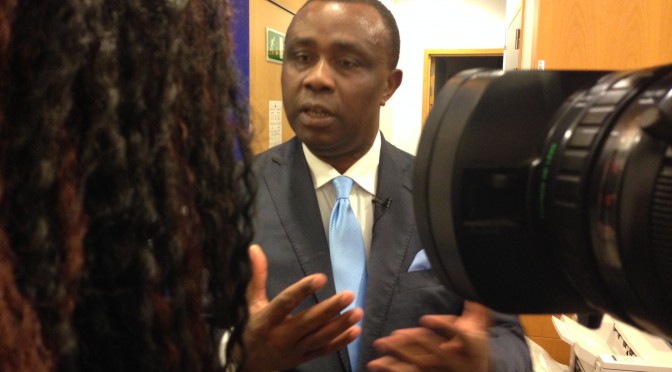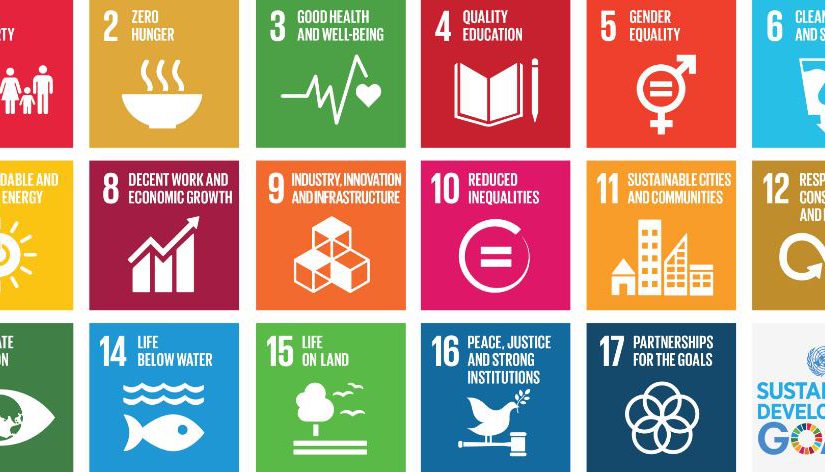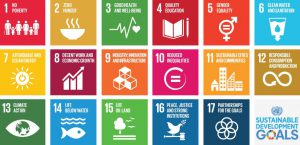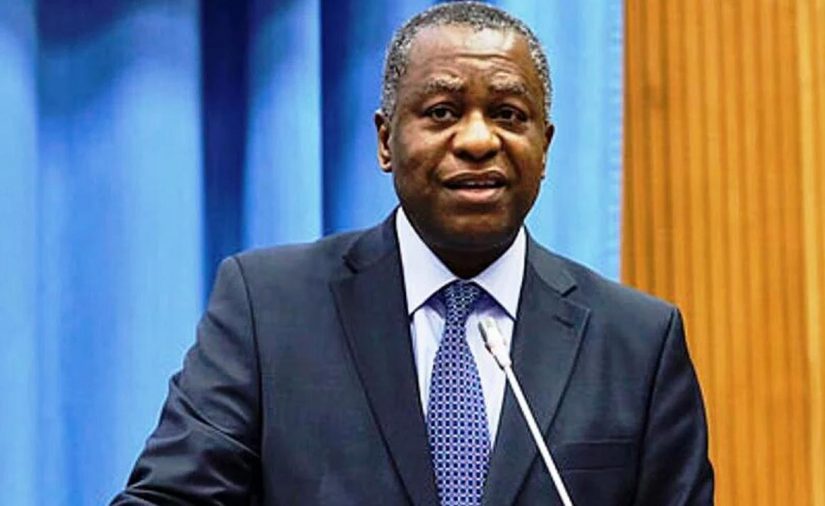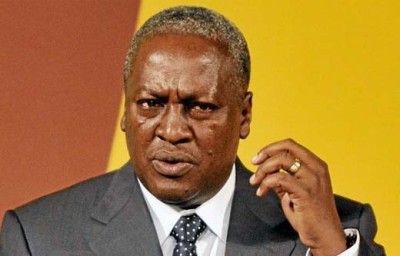Nigeria and Belgium have a 56 year diplomatic relations. When the new Ambassador of Nigeria to Belgium presents her Letters of Credence to His Majesty, Phillipe I, King of the Belgians today, Wednesday 13 September 2017, the relationship will witness a new era. Ambassador Nonye Udo will make history as the first female Ambassador of the Federal Republic of Nigeria to the Kingdom of Belgium. With this, one can say that Belgium has a lesson to learn from Nigeria on gender equality and gender balance because unless I am mistaken, no woman has ever had the opportunity to be appointed Ambassador of Belgium to Nigeria. For a change, Belgium is therefore welcome to play the catch-up here.
That is on the lighter side. On a more serious note, Ambassador Nonye Udo was not sent by President Muhammadu Buhari to represent his Government in Belgium, with concurrent accreditation to the Grand Duchy of Luxembourg and the Mission to the European Union because he is desirous to making history. Far from it. The plain fact is that a seasoned diplomat who knows her onions was appointed on merit into one of the most strategic diplomatic posts for Nigeria. That seasoned diplomat simply happened to be a woman, one whose appointment made history!
That raises the curious question of what is Her Excellency’s story? Who is Nonye Udo? Those in the know of her person and career would, before anything else, describe her as “A fine Foreign Service Officer” Ambassador Nonye Udo is a career diplomat. Having served at different diplomatic posts worldwide including Nigeria’s Mission to the United Nations, was until her appointment the Director of the Department of International Organizations at the Abuja Headquarters of the Ministry of Foreign Affairs of Nigeria. The strategic nature of Brussels in the scheme of things in Nigeria’s global aspirations perhaps gives one a sense of why President Buhari made that decision to send unarguably the best to Belgium.
As I reflected on the shape of this new diplomatic era, the challenges that face the Nigeria-Belgium relations, but also the huge opportunities awaiting Nigeria and Belgium to explore, and in a funny way, what readily comes to mind was one of the trickiest media questions I’ve had to answer as Belgian of Nigerian origin. A cheeky journalist, bent on testing my loyalty or allegiance to these two countries that mean the world to me. This was on the occasion of a football match between Nigeria and Belgium. He went: which country do you favour to win this match – Belgium or Nigeria? I paused and looking him straight in the eyes and without thinking, I responded that the better team will win and whichever it is, it’s a WIN for me all the way. I am not sure, but walking away, the mischief-maker looked disappointed. He appeared not to have gotten the answer he wanted that would create certain kind of news sensation for him.
In a note I sent earlier today to the amiable Ambassador, I opined that beyond confirmation of her formal diplomatic accreditation as Nigeria’s Ambassador to the Kingdom of Belgium, I am sure that I will be expressing the sentiments held deep in the hearts of many Nigerians and Belgians with interests in both countries that her historic appointment as first female Ambassador could not have come at a better time. “You must have every reason to feel a great sense of honour to be head of mission in a country with which Nigeria has such a cordial, mutually beneficial, long-standing diplomatic relations dating back to 1961, and with which there are so many opportunities for collaboration across many fields of endeavour including trade and investment, manufacturing, agriculture, machinery, energy or power production and distribution, sports and culture, to name but a few” I said this with confidence because long before Her Excellency assumed office, the Belgium Luxembourg Nigeria Chamber of Commerce, a network of business people and players, Belgians and Nigerians, of which I have the privilege to serve on the Board as Director Business Development and a number of other groups and individuals, have been working to reinforce these ties, and to forge new alliances. My personal goal, which I am sure a significant number of peers share with me, is to set the ball rolling towards taking the Nigeria-Belgium bilateral relations a notch higher, outside the multilateral sphere. Contacts with our Belgian friends and associates do confirm their favourable disposition and readiness to enhance engagement with Nigeria. My immediate constituency of West Flanders boasts of the finest industries in pharmaceutical manufacturing, food and beverage as well as tourism and agriculture, exactly the sectors that Nigeria is impatient to delve into, since the future is no longer oil. When I close my eyes, these are the industries I see and wish to get business people from both sides talking business. The Embassy could be an omissible arranger and facilitator.
I also thought of my Nigerian-Guinean Diaspora friend that works as International Civil Servant at the European Commission who once called me a “dreamer” after listening to one of my TV calls for a better balance between bilateralism and indirect international development model where the civil society organisations and the NGO’s are more involved in development projects with a lessening of Government-to-Government traditional approach. I do hope to take this dream to our new lady in town in the coming months. Who knows, we might set the ball rolling gradually.
